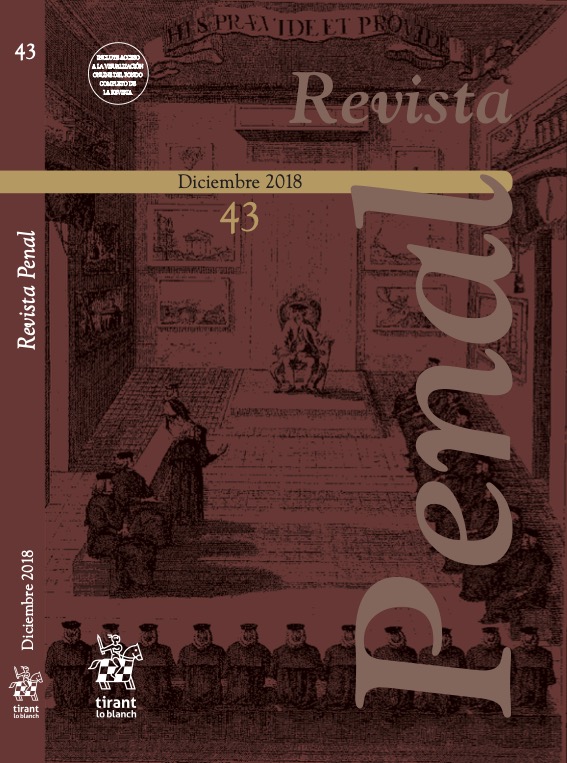National justice systems, prosecution of international crimes and principle of complementarity. Special reference to some Latin American jurisdictions.
DOI:
https://doi.org/10.36151/Keywords:
international crimes, principle of complementarity, international criminal justice system, basic prosecution function, closing prosecution function, Argentina, Colombia, PeruAbstract
The present article inquires the relevance of national justice systems with a view to the prosecution of international crimes. It starts from the assumption that there is a functional relationship between the different (national and international) levels of the international criminal justice system. It analyses the major challenges of three Latin American jurisdictions (Argentina, Colombia, Peru) demonstrating the advances achieved and the shortcomings still to be overcome (see infra 1). Then, the national criminal justice activity is examined in light of the criteria of unwillingness and inability of Article 17 of the Rome Statute of the International Criminal Court. While, from an abstract perspective, it is difficult to predict these criteria in the national systems, a more concrete perspective may give rise to the admissibility of certain cases (see infra 2). Finally, it is argued that, particularly in the Latin American context, a genuine commitment to the international criminal justice system rather entails the intensification of domestic efforts than a promotion or prioritisation of an international intervention (see infra 3).



